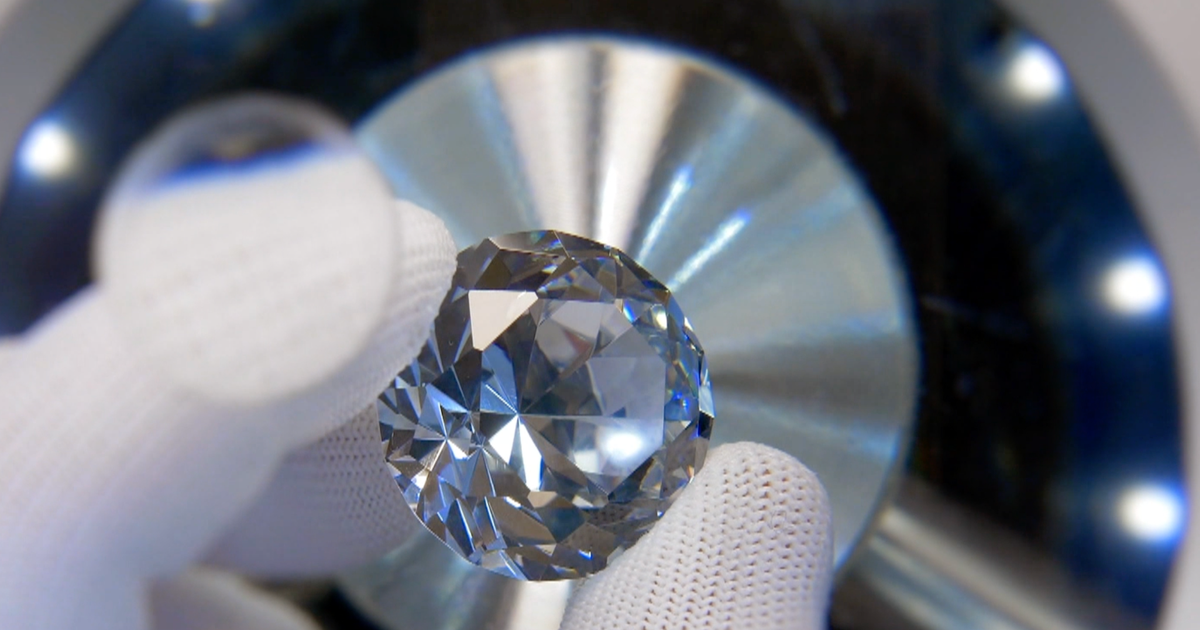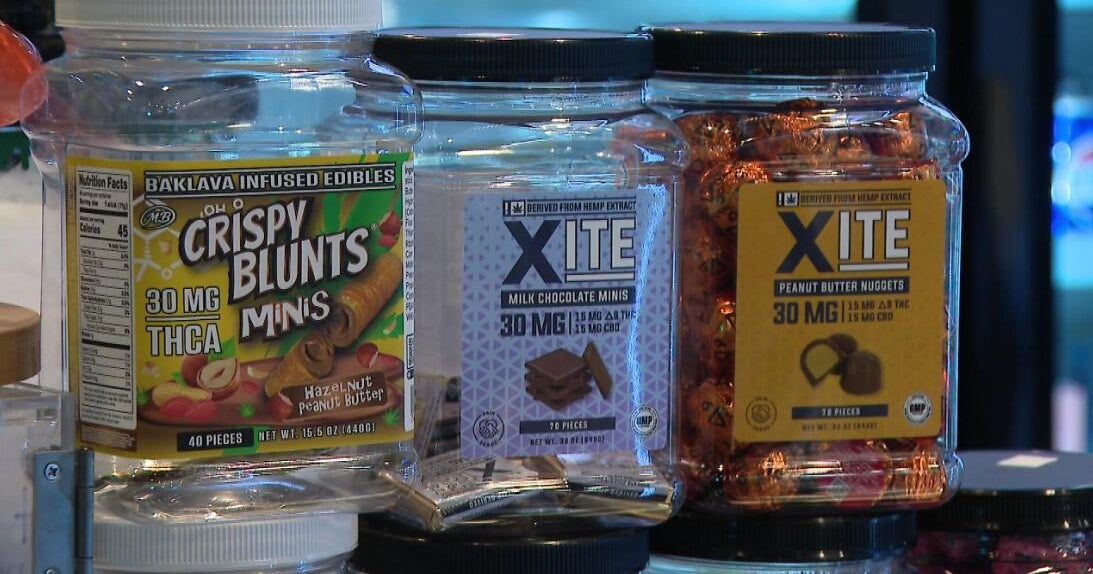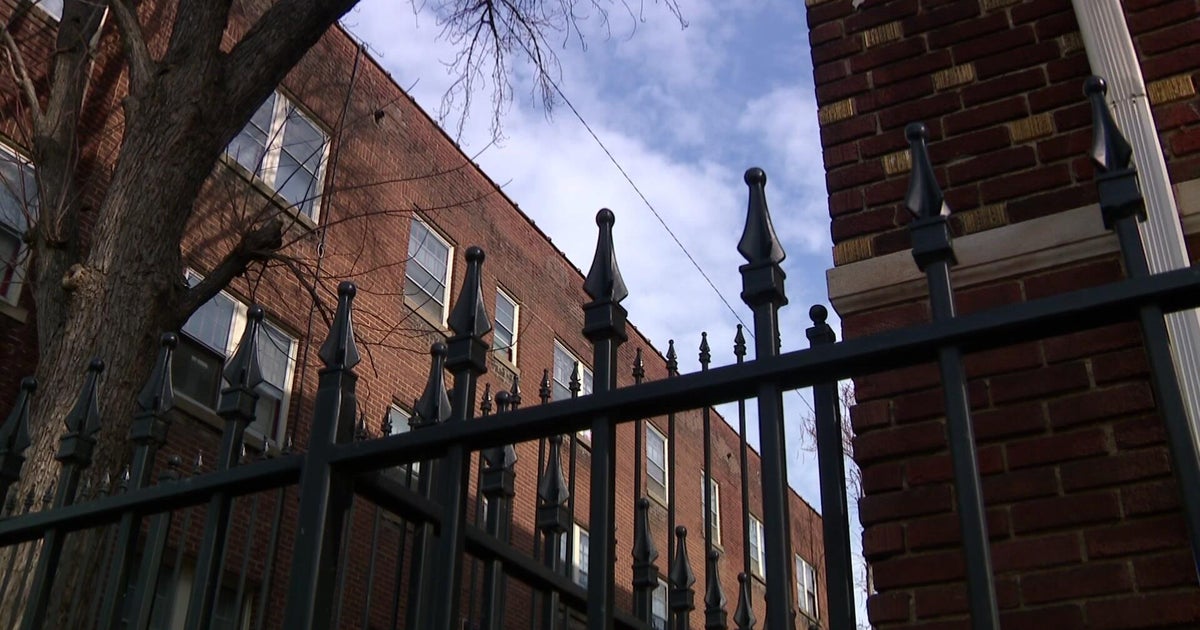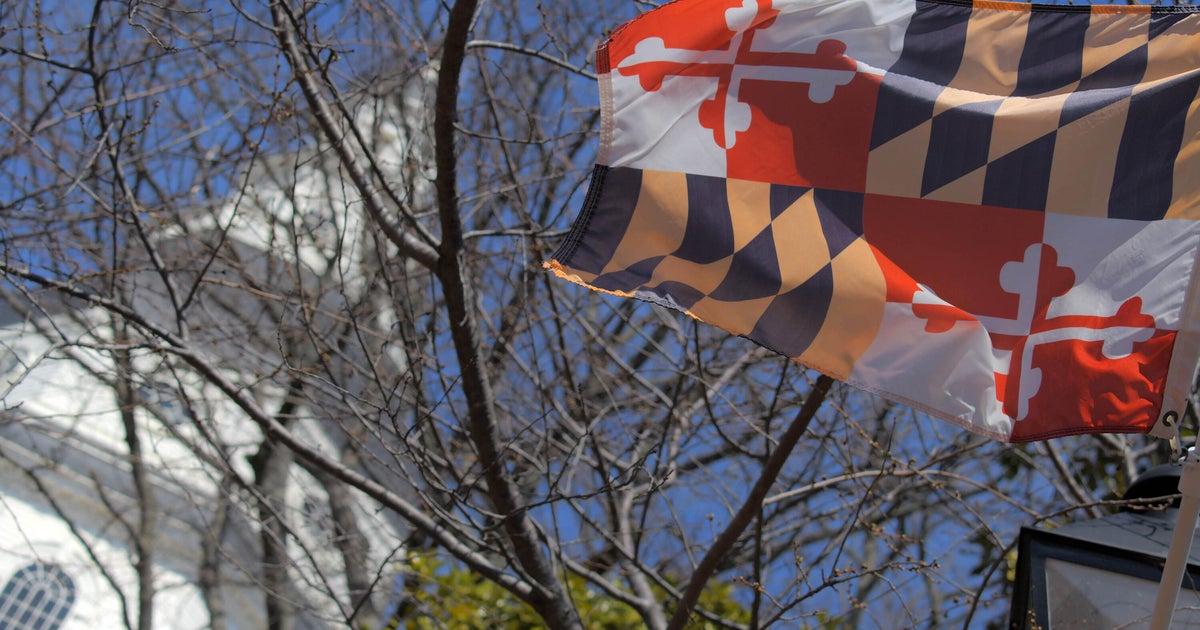City Ban On Synthetic Pot Starts Wednesday, Statewide Ban Starts Jan. 1
Updated 12/13/11 - 5:21 p.m.
CHICAGO (CBS) -- Starting Wednesday, it will be illegal to sell synthetic marijuana in Chicago. A statewide ban takes effect on Jan. 1, 2012.
The bans are aimed at getting the potentially deadly drug off store shelves.
The new laws were prompted in part by the death of a west suburban teenager and his mother's crusade to protect other teens.
As CBS 2's Derrick Blakley reports, synthetic marijuana is typically sold as potpourri or herbal incense, but is readily available in Chicago convenience stores and gas stations.
A Karen Dobner, a west suburban mother, believes if it had been illegal six months ago, her son Max would still be alive.
The smoke shops in Lakeview already know Chicago's law is changing effective Wednesday. Signs at the door read: "The last day to purchase herbal incense, will be December 13th (today).
Dobner says good riddance.
"I want to help other people. I want to make sure that nobody else goes through what I have been through," she said.
In June, her 19-year-old son, Max, bought synthetic marijuana at a west suburban mall and experienced a panic attack, with rapid heartbeat and hallucinations after using it. He drove his car at 100 miles per hour into a North Aurora home.
"We did max a disservice. He was such a good guy. He did so many good things and, yet, we did not protect him and I feel that it is our obligation to protect our kids," Dobner said.
That's why she has been campaigning to outlaw synthetic marijuana, often sold under brand names like K2, Wild Greens, or Head Trip.
"We need to get these off the shelves of convenience stores and gas stations, not only throughout the city, but throughout the state," said Ald. Edward Burke (14th), who sponsored the city ordinance banning synthetic marijuana.
The ordinance bans any substance that mimics the effect of marijuana. A similar state law takes effect Jan. 1, 2012.
Gov. Pat Quinn signed the legislation, HB 2595, into law in July. It forbids the drugs often marketed as "potpourri," with names such as K2, Spice, Purple Haze, Zombie Matter, and Orange Krunck, Will County State's Attorney James Glasgow said in a news release.
The products often say, "not for human consumption" on their packages, but consumers smoke them – often with encouragement of shop owners – in the same way people smoke real marijuana, officials said.
But many experts have said synthetic marijuana is actually far more dangerous than real marijuana. Those who use the synthetic products can suffer seizures, hallucinations, tremors, paranoia, convulsions, high blood pressure and an elevated heart rate, according to Will County State's Attorney James Glasgow's office.
Quoting published reports, Glasgow's office says poison control centers nationwide received more than 5,000 calls about synthetic marijuana in the first nine months of 2011.
"Over-the-counter availability of synthetic marijuana has created a public-health crisis in Will County and across the nation," Glagsow said. "Young people are being poisoned by these extraordinarily dangerous chemicals. It was our obligation as law enforcement officials and as legislators to pass a law banning the possession and sale of every form of synthetic marijuana in Illinois."
Under the law, all synthetic marijuana products will be classified as illegal Schedule 1 controlled substances. Previously, only certain chemical formulas for synthetic pot were permissible.
Anyone who sells synthetic marijuana could be charged with a Class 3 felony, and could go to prison for five years and be charged a $150,000 fine. Any illegal stock, and the entire shop where it is sold, could be seized.
Sale of more than 200 grams of synthetic marijuana could go to prison for 30 years and have to pay $500,000 in fines.
Simple possession of synthetic marijuana could result in Class 4 felony charges, which would mean three years in prison and a fine of up to $25,000.
2 Investigator Dave Savini reported over the summer that several Web sites are selling synthetic marijuana, including a Louisiana company called Domestic Oddities, which markets iAroma Hypnotic along with other brands.
The company is run by Eric Fontenelle, who is only 18. In a YouTube video, he claimed his potpourri is euphoric and cause marijuana-like effects.
Fontenelle is part of a billion-dollar, unregulated industry. He claimed he does not tell people to smoke his product, but in his video he says, "What you do with it is your own business."
But the bans on synthetic marijuana are not the only new attack in the war against synthetic drugs.
There's also synthetic cocaine.
"Synthetic cocaine is sold as bath salts, usually. Synthetic marijuana, as you've heard, is often sold as incense or potpourri," Illinois Attorney General Lisa Madigan said. "But make no mistake; nobody is purchasing bath salts or incense or potpourri to use for any of those reasons – absolutely nobody."
Burke plans to introduce an ordinance to the City Council that would ban the sale of synthetic cocaine.
Under the city's synthetic marijuana ban, violators face fines of up to $1,000 for each offense, along with possible revocation of their business license.







